Daimler, Volvo plan join forces on hydrogen-powered trucks
- The two companies want to become a fuel-cell leader and plan to start ramping up production in Europe in 2025.
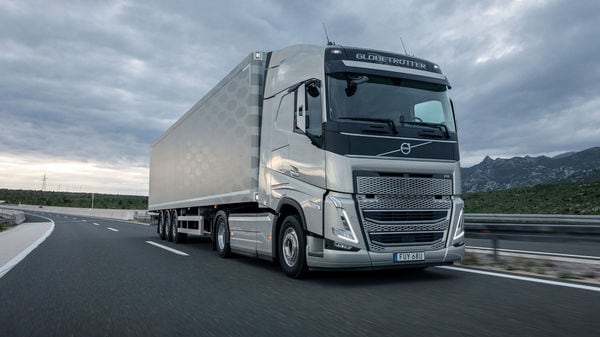

Global heavy-truck rivals Daimler AG and Volvo Group kicked off a joint venture for hydrogen-powered fuel cell stacks, seeking to advance a technology that’s been in development for decades but has suffered from high costs and patchy infrastructure.
The two companies want to become a fuel-cell leader and plan to start ramping up production in Europe in 2025, they said Thursday at the launch of their Cellcentric venture announced a year ago.
Also check these Vehicles
“Hydrogen-powered fuel-cell electric trucks will be key for enabling CO2-neutral transportation in the future," Daimler truck chief Martin Daum said in a statement. “Battery-electric trucks alone will not make this possible."
Road haulage is still dominated by diesel trucks, but stricter regulation is forcing manufacturers to accelerate a shift toward cleaner engines. That’s boosted efforts by incumbents and Tesla Inc. to work on battery-electric trucks, which many companies forecast to be rolled out faster and on a much broader scale than fuel cell stacks.
The industry’s two largest manufacturers joining forces on fuel cells will raise the bar for peers like Paccar Inc. or Volkswagen AG’s Traton SE. Parts giant Robert Bosch GmbH cooperates with startup Nikola Motor Co. and forged a fuel-cell joint venture with Qingling Motors in China.
When Daimler and Volvo announced the 50-50 joint venture a year ago, they signaled a plan to explore options beyond the use on highways, such as stationary power generation.
So far the lack of infrastructure remains a major roadblock. Daimler, Volvo, and other European peers have called for the creation of 300 high-performance hydrogen refueling stations for heavy-duty vehicles by 2025.









 1969.0 cc
1969.0 cc Multiple
Multiple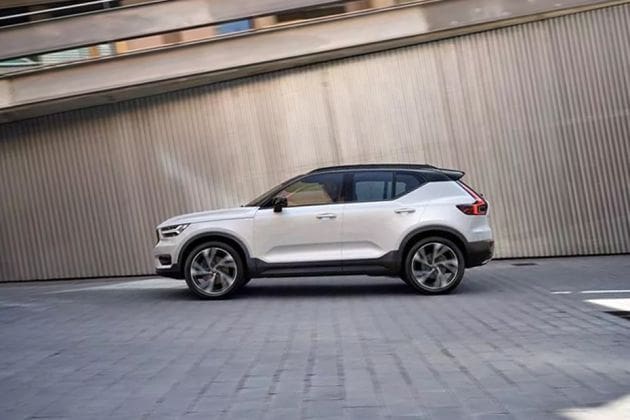
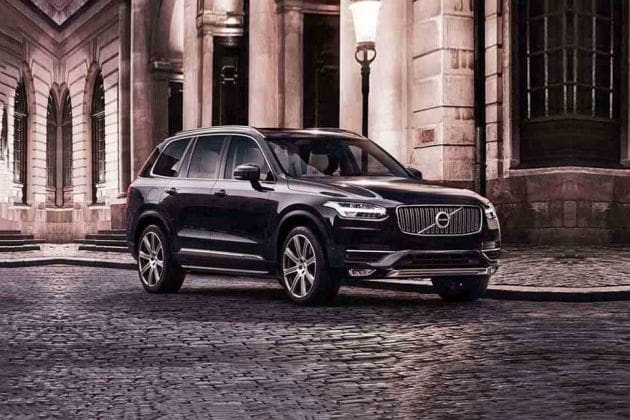
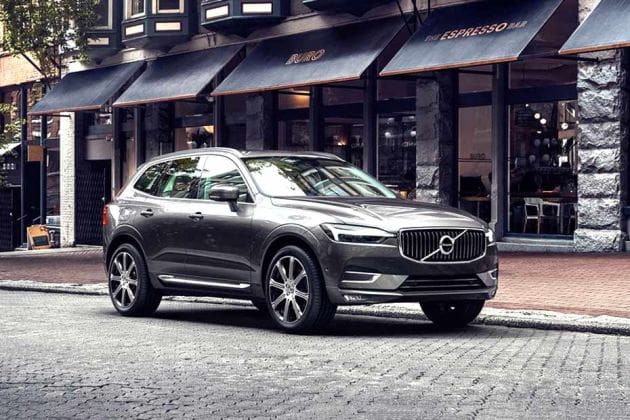
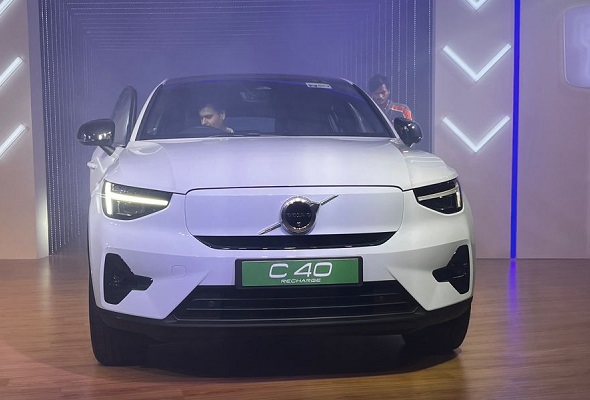
 78 kWh
78 kWh 530 Km
530 Km











